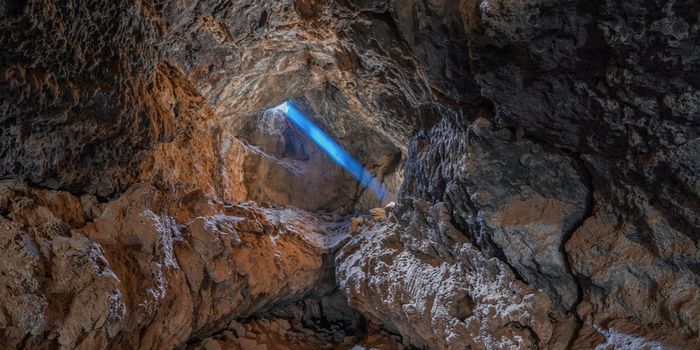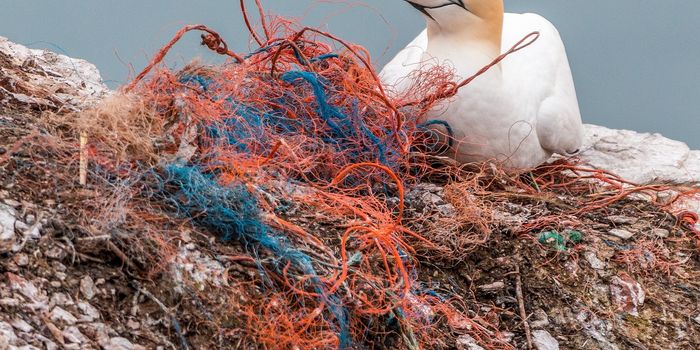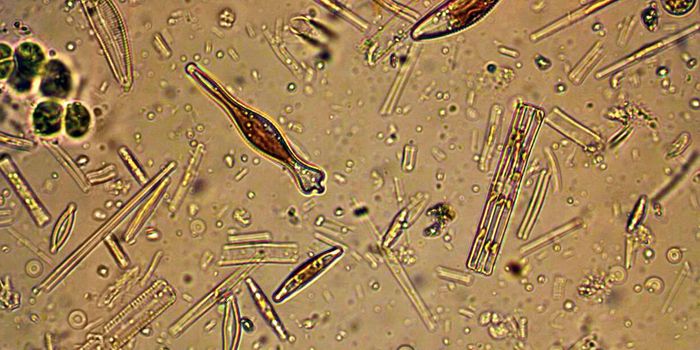Does Hotter Weather Make Predators Hunt More?
Predators are always on the prowl for potentially satisfying meals. Their prey, on the other hand, typically stay diligent, trying to avoid becoming the meal. While there's an equal balance between predator and prey as of right now, things could take a turn for the worst as climate change rears its ugly head.
Image Credit: Gellinger/Pixabay
Most predators at the top of the food chain have a certain amount of food they prefer to eat in a given spans of time. This food provides the energy and nutrition they require to get through their day, and it’s rare that they'll over-indulge. On the other hand, some scientists now claim that rising temperatures as a result of climate change could actually have an impact on how much they eat.
Published in the Royal Proceedings of the Royal Society B, scientists argue how hotter climate increases a predator’s metabolism, requiring them to eat more in order to keep up with their body’s increasing demand.
The end result is over-predation, which can have negative implications on the fragile ecosystem where they hunt. Among those, smaller animals dubbed common prey to predators would be wiped out more quickly, and it may be difficult for their species to rebound, even as temperatures cool off for the Fall and Winter.
“The balance of nature could be at stake with climate change,” said Madhav P. Thakur, a postdoctoral researcher from Leipzig University. “We suspect that this is already happening, and likely to get severe in the future with a predicted warmer climate.”
“If species are poor at acclimating to warmer conditions, and further become vulnerable to predation — which increases with a warmer climate — they may disappear sooner than we may expect,” he continued.
You would think smaller creatures with smaller appetites would have a better chance at surviving climate change as food sources dwindled than larger creatures whose appetites only increased would, but interestingly, the opposite appears to be true.
Related: Scientists predict international tiger population will double by 2022
In their study, the researchers tested the effects of predation on insects of various sizes placed inside of temperature controlled petri dishes. It was found that the larger critters were more resilient in the warmer dish than the smaller ones were. The rising metabolisms in the larger critters made them more predacious toward the smaller ones, and they essentially ate all the smaller critters.
The predacious critters certainly had an advantage over the smaller prey because their larger bodies were able to keep the prey from escaping the attack. Had the temperature not have risen like it did, the study reveals that co-existence between the predator and the prey would have been more possible.
While the study indicates that larger predators win when it comes to rising temperatures associated with climate change, it also illustrates how the fragile balance between predator and prey could crumble as smaller animals are virtually wiped out by predators fighting for survival.
More studies are planned in the future to better understand the relationship between higher temperatures and predation, however the initial results paint an eerie picture for the co-existence of predators and prey amid climate change.
Source: Popular Science









